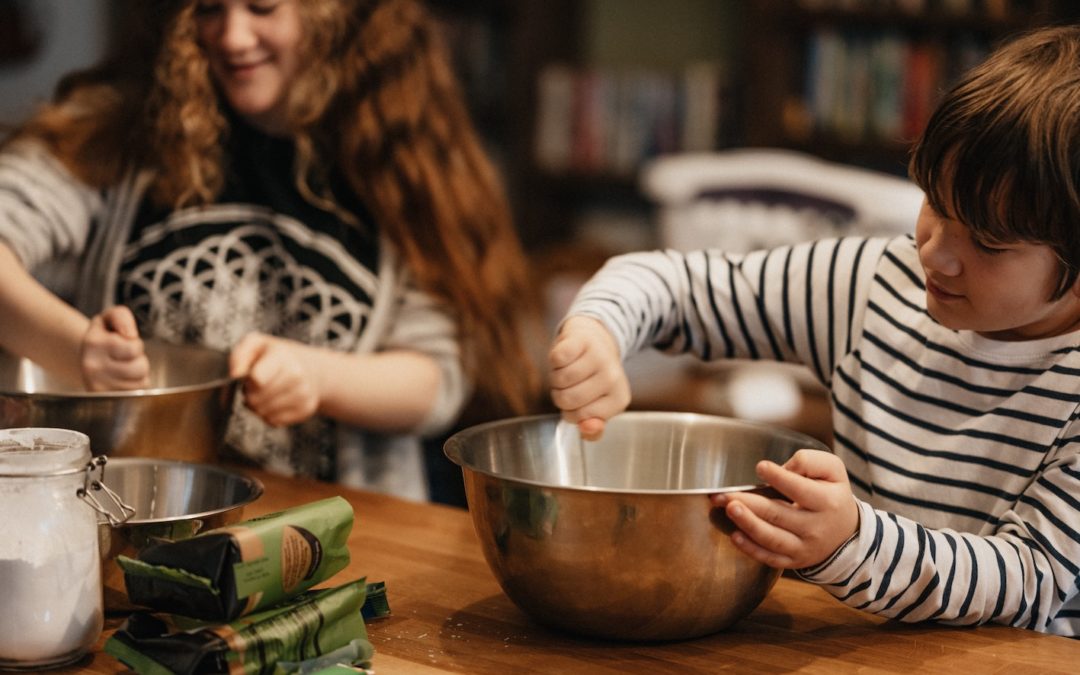While taking stuff away and grounding children from going out may be common and an easy approach (possibly one our parents used) it is really a “last resort” discipline strategy. When we think of adjusting our children’s thinking to improve emotional and behavioural outcomes… taking things away can actually contribute to increased negative thinking and lowered self esteem. This is what I like to call “Stinkin Thinkin“!
Discipline is to teach or coach. It is best designed to provide consequences (rewards and punishments) that improve self esteem and more positive thinking. Rather than taking something away or grounding why not add something. Assigning age-appropriate chores and tasks is an excellent disciplinary strategy. This teaches that their behaviour is not desired while building up their skill set and reducing time to dwell (for both parents and children) on the undesirable behaviour. Tasks and chores also benefit all involved… wow!
There are many small and moderate size chores around the house for lesser infractions and, of course, some larger chores for those more blatantly defiant behaviours. Disciplinary tasks may include reading, music practice or any range of other things that contribute to your child’s well-being.
Think about it. How do you feel when you have accomplished something. Generally, most of us feel glad to be done, a sense of satisfaction, completion and confidence. We usually have also increased our knowledge and skill on how to do the particular task or chore. Getting kids to read about and write down ways to resolve problems may also be great task for behaving poorly.
We can even get our preteens and teens to come up with options for consequences. Choices help improve buy in and motivation. Would they rather do a task, help another person or do a chore? We tend to be more open to do a particular task when we have a say or are included in the decision-making process.
Next time your teenager requires discipline for something… think of three Cs -> consequences, chores and choices.
Parents shift into adolescence with the increased expectations to adjust their parenting style in response to the growth and development evidenced in their children. For example, previously concrete communications strategies now require more flexibility, with an increased emphasis on negotiation and collaboration. Improved communication helps build the self-esteem of the child as well as the parent. Much of this new communication style will center around negotiating roles, responsibilities, rules and freedoms as the young person develops into an adult.
FINDING SOLUTIONS TOGETHER
Reach out and we will do our very best to help you with this challenging part of your journey.

Recent Comments